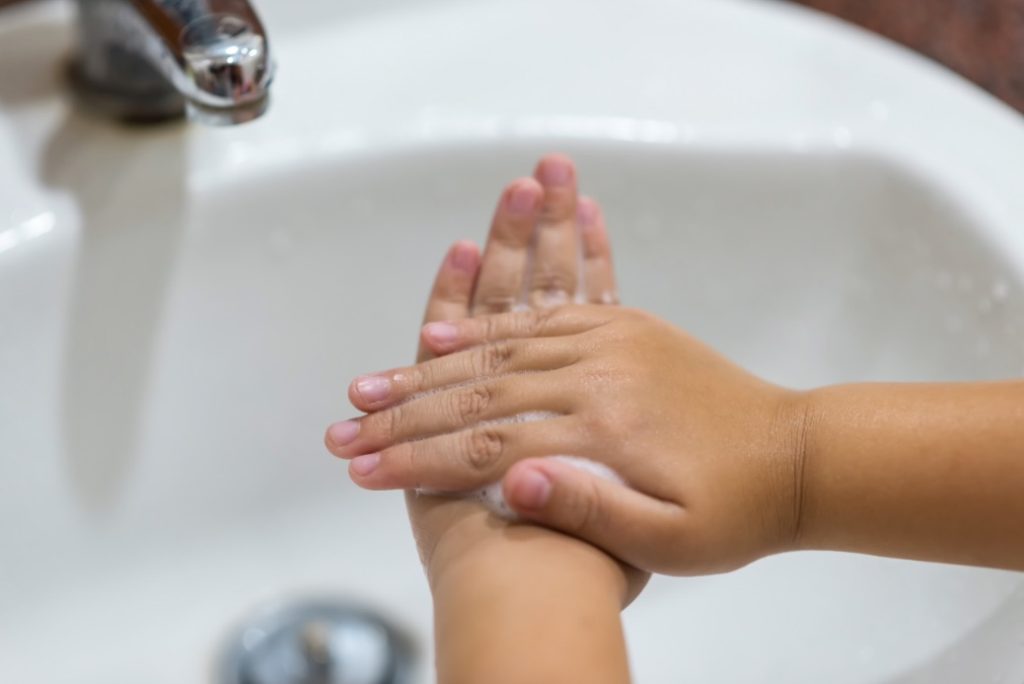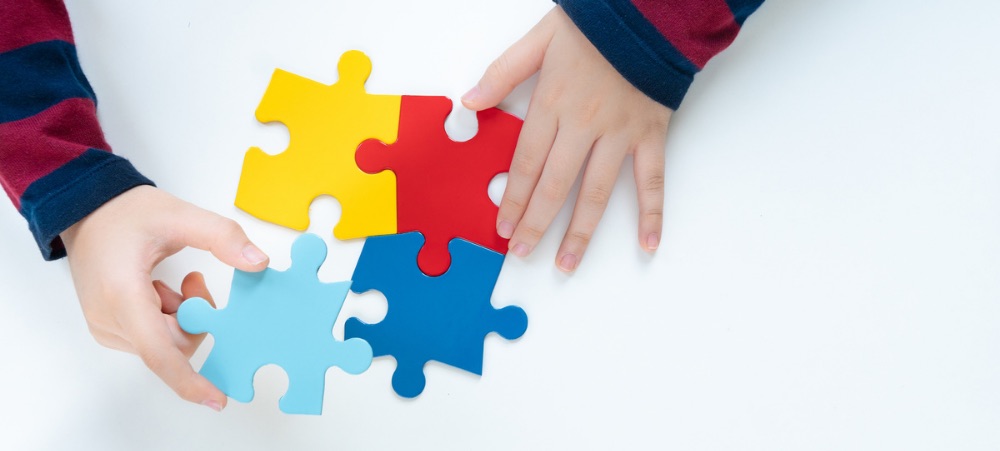We’re all on edge because of the coronavirus. Our daily lives have been disrupted, we aren’t sure what tomorrow may bring, and, for many of us, the nonstop news and social media coverage are overwhelming. Therefore, it is not uncommon to feel anxious or worried during this time. If you or your children are feeling worried, learning how to deal with anxiety in a healthy way can help the whole family be more resilient, both now and when the pandemic is finally over.
What is anxiety?
Anxiety can be described as feelings of uneasiness or being worried when there is not necessarily any imminent danger present. It is often accompanied by intrusive and often unrealistic “What if” types of thoughts, experienced in the body as stress that continues even after the cause of the stress is gone.
What can parents do to support their children?
Many parents are experiencing a more difficult time dealing with COVID-19 than their children and some of the anxiety that kids are experiencing may be unintentionally passed on by worried parents. As parents, it is important to be a positive role model for your children and this includes showing them how to deal with anxiety during stressful events. You can create a positive and safe atmosphere in the home environment by doing the following:
- Living in the “here and now” by focusing on, and staying in touch with, what is actually happening and not getting carried away with worst-case scenarios.
- Identifying and getting help for your own anxieties first.
- Being smart about what you read. Make sure your information comes from trustworthy and credible sources. While it is important that we are informed about how best to keep our families safe, we should be mindful about what we are reading online to make sure it’s actually helpful and not making our anxiety worse. It is easy to get sucked into clicking on “fake news” inadvertently or forwarding social media posts to your family group without verifying them or applying common sense.
- Being aware of feel-good news and sharing these stories with your children to facilitate a more positive mindset and create awareness of the “silver lining” despite the crisis.
- Sticking to an established routine that involves exercise, regular meals, and healthy amounts of sleep – this is crucial for regulating our moods and our worries. It can be hard to accept that our old routines are no longer possible because of COVID-19 precautions. Looking for ways to be flexible and starting new routines can help you and your family create a more productive and healthier lifestyle that can help to lower the amount of anxiety you experience.

Monitor your children
Parents do not always recognise signs of anxiety in their children. Identifying anxiety in your child can be tricky because it involves a pattern of behaviours that is unique to each child. The following behaviours could indicate anxiety:
- Reassurance-seeking (“Are we going to be okay? Is Grandpa going to be okay?”)
- Reluctance to separate from parents
- Physical symptoms like headaches or stomach aches
- Moodiness and irritability
- Tantrums or meltdowns
- Trouble sleeping

Talk about their anxiety
- Younger Learners – Younger children may not always be able to express how they are feeling. For younger children, use a “feelings chart” with pictures describing emotions instead of saying “Tell me how anxious you are”. With a feelings chart, which you can find on the internet, you can ask your child to point to the feeling and/or picture representing an emotion that they are currently experiencing. They can also draw pictures about things they feel happy or sad about.
- Older learners – For children who are more aware of, and able to articulate, how they are feeling, it is better to ask what psychologists call “forced-choice questions.” If you ask a vague question, you’re going to get a vague answer. So instead of asking “How was your day?” which is pretty vague, maybe ask “Did your anxiety get in the way of you having a good day today?”.
- Teenagers – If you have teenagers, start talking about yourself first. You can start the conversation with something like, “I saw this article today and it made me wonder about this and that. Did you experience something like that? What’s your reaction to it?”. Do not force your teenager to talk about their feelings unwillingly as this can create tension and cause them to feel hostility towards you. Wait a bit first and then attempt to discuss the matter with them at a later stage when they are calm and more willing to talk. If this still does not work, they can use a journal or art activities to express their feelings and experiences.
Also read: Five tips on how to motivate your teen during lockdown
How to help your anxious child
- Structure their day. As parents, we often think that setting boundaries for a child is a way to make our lives easier, but kids benefit from boundaries, too. It is easy for children to get bored or fretful if they are facing a day without structure and anxiety can thrive under those circumstances. Make sure that you are structuring their days when they are “cooped up” at home.
- Alternate chores or schoolwork with more fun activities that your children enjoy and periods of free time.
- As restrictions lift, be sure to incorporate safe, outdoor activities that comply with social distancing principles as well. Make sure children are still getting the chance to exercise.
- Encourage your child to socialise with friends via video chats and social media if they have access to these platforms. This is especially important for teenagers who thrive on social interaction with their peers.

- Avoid giving too much reassurance. Avoid getting into a cycle of providing too much reassurance. Children of all ages can become too reliant on reassurance and want to hear it more and more often, and when a parent isn’t able to give them complete reassurance, their anxiety can worsen. Instead, try the following:
- Remind kids of the things they are doing to take care of themselves (like washing their hands, wearing a mask when in public, and staying indoors),
- Remind children of what they can still enjoy despite challenges,
- Encourage children to focus on the present.
- Give them hope for the future, by asking them to make a list of, or draw things, they are looking forward to doing when the lockdown is over. This creates a sense that current circumstances are only temporary.
- Don’t be afraid to discuss the coronavirus. Not talking about something can make children worry more. Convey the facts in a realistic and reassuring way. You can, for example, say, “People are getting sick, but most of them get well and healthy again”.
- Acknowledge your own anxiety. Take care of yourself. Remember to “put the oxygen mask on first” before you help your child. If your own wellbeing is compromised, you might miss signs that your child is struggling, and you will not be able to support them as best you can.
- Focus on what you’re doing to stay safe. Kids feel empowered when they know what to do to keep themselves safe. Remind them that if they wash their hands frequently and wear their masks in public, they will be safe. You can create a handwashing song to make this activity more fun for younger children.

- Calm yourself. Don’t share your worries with your children or become panicked. If you are feeling anxious, find ways to deal with these anxieties. The way you react to the current crisis will teach your children how to deal with future challenges.
- Be aware of signs and symptoms that your child may be experiencing anxiety. Now is not the time to “wait and see”. Seek professional help if your child’s normal functioning is impaired by their anxiety.
Dr Jeanné Roux – Educational Psychologist
- Class of 2025: Impaq celebrates exceptional results, higher bachelor passes, and total of 558 distinctions - January 14, 2026
- Nearly 23 000 pupils still unplaced as term begins — families weigh interim options and longer-term alternatives - January 12, 2026
- A practical guide for parents on end-of-phase assessments at home - December 3, 2025





